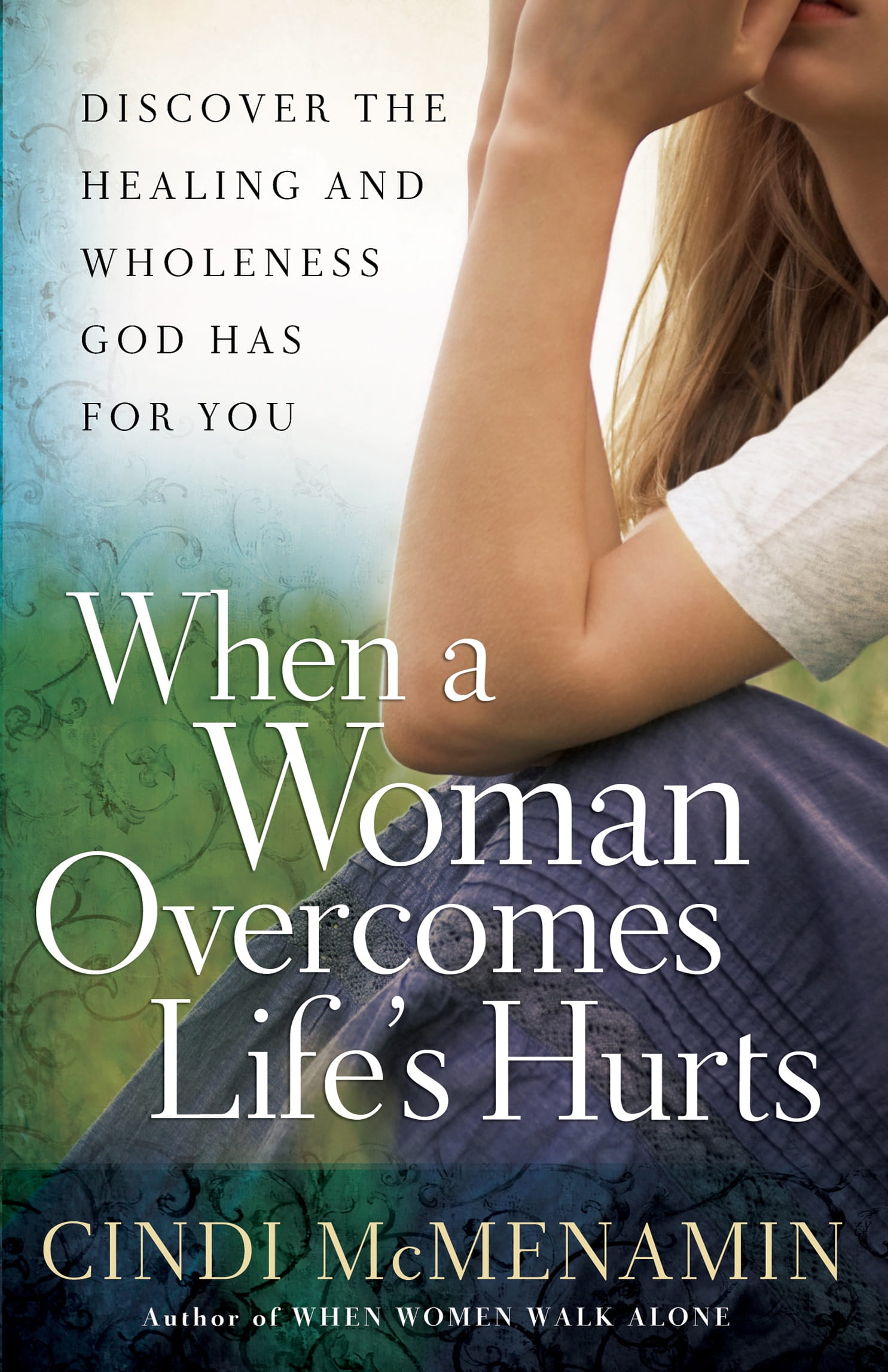The Real Reason We Don't Forgive

Sherry sat across the table from me and fought back tears.
I had asked her a penetrating question about why she still hadn't forgiven someone who had hurt her deeply.
"Because he will never be able to take away the pain he caused me," she said.
Sherry was absolutely right. And that was one of the reasons she still needed to forgive her offender.
Having ministered to women for nearly three decades, I have come to believe that the main reason we often don't forgive those who offend us is because we don't completely understand what forgiveness really means.
Do any of these conditions (or excuses) sound like yours?
- I'll forgive her when she finally apologizes.
- I'll forgive him when he proves that he has become a changed person.
- I never got resolution from this before he died so now I will have to live with his offense - and the inability to forgive him - forever.
- I refuse to let them back in my life, so forgiveness is not an option.
- I've lost track of her through the years, so I can't initiate forgiveness.
- I can't bring myself to let him off the hook.
We sometimes wait for an apology. And if we get it, we then try to determine if the person was sincere or not. Other times we believe that if we forgive someone, we are giving them a license to hurt us again. I think mostly, though, we withhold our forgiveness because we don't feel another person has earned it.
To forgive someone who has hurt you doesn't mean you're letting that person off the hook. It doesn't mean you're excusing that person for their offenses. It doesn't even mean you're completely over what they've done. It simply means you are letting yourself off of their emotional hook.
In my book, When a Woman Overcomes Life's Hurts, I address the healing power of releasing yourself through forgiveness. Many times we continue to hurt over the same offense because we haven't let it go. And to let it go, we must forgive that person ...even if it's just between us and God.
We remain in chains of emotional bondage to those we refuse to forgive. By withholding forgiveness we are saying "You will never be able to make this right." But what we are ultimately saying is: "I will always hold onto this pain." That is where you don't want to be...stuck in a place of pain. When you're stuck like that you end up living with the burden of bitterness. And it can become bondage. Instead, you can live freely by freely forgiving. When God forgave us of the debt of our sin, He expected us to then forgive others of their debts toward us (Ephesians 4:32).
Here are some facts about forgiveness that may help you make that first move to forgive your offender - and release yourself:
1. Don't wait for the apology. Chances are it might never come. Even if it did, your offender will never be able to undo the hurt he caused you. If an apology by the offender were necessary in order for you to forgive, then you would never be able to forgive someone who has died and never come clean with you. We are commanded to forgive an offender regardless of that person's remorse or efforts to receive our forgiveness. Think of your forgiveness as a gift that you give to someone because of how God has unreservedly forgiven you. In fact, think of your forgiveness toward your offender as a gift to God, not necessarily the other person.
2. Don't feel you have to meet face-to-face or resume the relationship. Just because you forgive someone does not mean you are saying "We can be friends again" or "You can hurt me again" or even "Yes, I will meet with you." Forgiveness happens in your heart when you say "I am releasing you from the expectation that you will ever be able to make right the hurt you caused me." You can still have boundaries for your protection and that is wise. But forgiveness does not have to happen in the context of a face-to-face encounter or even a verbal exchange. Again, in the case that your offender is deceased, you can still truly forgive that person in your heart (in a conversation between you and God), even if you never had the chance to tell them.
3. Don't expect that you will forget the offense. When God said in Isaiah 43:25 that he would remember our sins no more, it didn't mean He was commanding us to do the same when we forgive others. To forgive and forget is something only God is capable of. We have memories and, perhaps for our protection, we tend to remember hurtful things. When the offense comes to mind, remind yourself "I have released that person from their obligation toward me" and move on, mentally and emotionally. To remember doesn't necessarily mean you are holding a grudge. It could just mean that you are human and your memory kicks in, at times, to warn you of danger or to protect you from further heartache or offenses. The important thing is that you don't let the offense - or the offender - continue to keep you on their emotional hook.
Just as I have seen the bitterness in people's eyes when they refuse to forgive, I've also seen the freedom come when a woman opens her heart to God's healing process by saying "Just as You have forgiven me of my offenses toward You, I release this person into Your hands and trust You will take care of the situation."
You can live freely by freely forgiving. And you will know what it feels like to have those chains loosened once you finally do.

Publication date: March 25, 2014
Originally published March 25, 2014.





